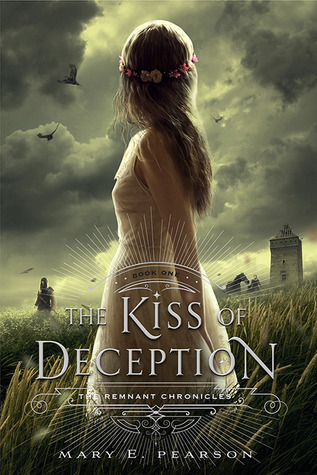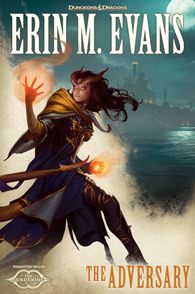
A Heart's Rebellion
by
Ruth Axtell (Goodreads Author)
Dutiful Jessamine Barry
is tired of waiting patiently for a man to decide her future. So even
though Lancelot Marfleet, second son of an aristocrat, is taking an
interest in her during the London season, she refuses to consider him as
a suitor. Instead, she's ready to take fashionable society by
storm--and finds a rakish young man all too willing to help her do it.
When things go too far, Jessamine will learn that the man who is
faithful through thick and thin is more worthy than the one who speaks
pretty words. But will her disgrace keep Lance from reconsidering her as
a wife? And when tragedy strikes and Lance becomes his father's heir
and a titled gentleman, will he think she only wants him now because of
his title?My Review: 6/10
I did not realize that this book was a sequel until I was already knee deep in it. While it stands alone fairly well, I wonder if my perception of a few key characters would have been different if I had read the first book.
As it was, Jessamine and I did not get on. At all. She spent a good portion of the book being caught up in whining, self-pity, and pining after another woman's man. Oh my. It was difficult to swallow. Like a raw egg.
Her behavior toward Lancelot was just awful. She was shallow and stuck up, immediately dismissing him because of his looks. After realizing who he was, I expected her to be mortified and humbled. But no, she was all pride and conceit, thinking herself better than him.
As the story went on, her self-involvement reached a peak with her blaming everyone else for her feelings and obsessions, as if she is purely a victim of her circumstances. She may have been at one time, but at this point she is choosing her own self destructive path. She is no victim. Even when Megan tries to gently direct her to God, telling her to trust in His plans for her, she hardens her heart and persists.
Jessamine's attitude and actions may be an accurate representation of how some people really think and behave but they are not people I could respect or stand to be around much.
That being said, I did sympathize with her on a few points; overhearing the brief words between Rees and Celine was humiliating. I cannot even imagine. Rees in general seemed to be rubbing it in her face from the beginning all the way to the end with his talk of wishing she had found a love like he had with Celine. Why did he feel the need to compare the two? Why talk about himself at all?
I also understood the root of her insecurities, the cause and effect; her comparing herself to Celine and trying to compete, her seeking out what consoled her bruised ego, even why she was repulsed by a man who seemed too timid and was too similar to both her father and former intended, both of whom she blamed. What I didn't understand is why she thought she was superior to him or even equal to him, why she was so confident in her own appeal that she felt the need to rebuff his advances from the very first.
It was her total lack of humility and over abundance of insecurities (which I believe drove her constant defensive position at every interaction with Lancelot. I prefer characters who have a sense of humor; Jessamine was constantly irritable and offended.) that kept me from being able to connect with her or believe in their romance.
As a side note, I wasn't sure what to make of the drugging episode. Initially it rubbed me the wrong way because it seemed way too modern and out of place. Did that really happen back then? It would seem so, considering that Lancelot referenced a drug he was aware of. The author must have done her homework here. If that's the case, it just seemed too extreme and poorly contrived that he would have the nerve to drug her and make off with her in public. Perhaps he'd thought her defenseless before, but after Celine's arrival, and their connection, I'd have thought the former Lady Wexham's position and influence would have been enough to end any dishonorable schemes.
This is the first book I've read by Ms. Axtell and though I would have preferred to closely follow Megan's story rather than Jessamine's, and I will likely not read the next book (Delawney?), I might just go back and read the first book. Celine appears to be a protagonist who is classy, intelligent and generous. She fell in love with a man because of his honor and respected that, rather than trying to dissolve it- my kind of heroine, my kind of love story.


